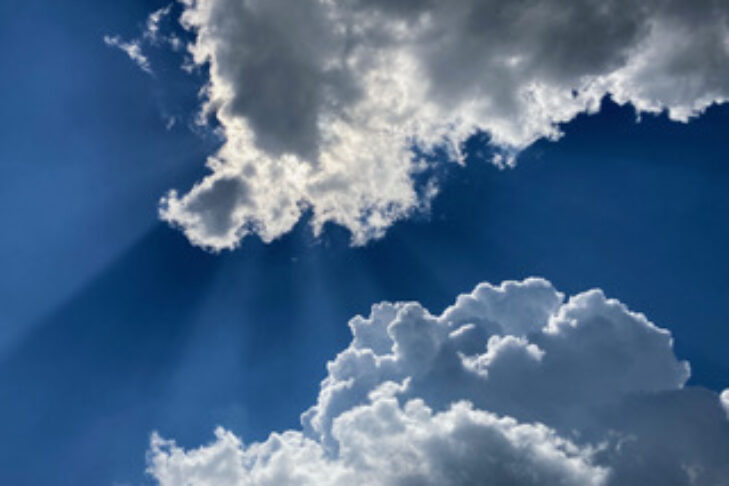Every summer (for some reason it is more turbulent than the winter) we feel that things are getting worse—that the fires are worse, floods are worse, and man-made crises are also getting worse. Every summer, we are correct. The difference between this worst summer and the previous worst summer is that this year, we are recognizing the trend. We acknowledge that next year will be even worse than this year. Since we can already see that our world is spiraling downward, we can begin to talk about what will arise after our world is gone.
Don’t be fooled by entrepreneurs and people’s facades of high-speed action. The frenzy is a defense mechanism that helps them get up in the morning.
In truth, they are completely insecure. They don’t understand why they do what they do, if anyone really needs what they are doing, or if it will create anything of meaning. Just as everything that we have built in this world is coming apart, so are people’s new ideas and dreams. Gradually, everyone will feel completely stumped.
We will know what to do and how to fix the world we live in only when we begin to incorporate the common interest in our plans and actions. When we realize that we are totally interdependent, and that we cannot thrive in one place on the planet while another part is suffering as a result, then we will begin to do things correctly.
Take electric cars, for example. Three years back, a story in Wired magazine read as follows: “Here’s a thoroughly modern riddle: what links the battery in your smartphone with a dead yak floating down a Tibetan river? The answer is lithium—the reactive alkali metal that powers our phones, tablets, laptops and electric cars.”
In other words, as long as we are not thinking of the collective, we have not changed our mindsets and things will continue to deteriorate. Electric cars are not green or clean if they give us clean air in one place while poisoning the water and the ground elsewhere in the world. In a world where everything is connected, no correction is valid unless it helps everyone.
When we begin to adopt a more inclusive mindset, we will realize that there is abundance of energy. There will be plenty of gas, oil, and electricity, but no one will need them. People will be using subtler forms of energy, and there will be abundance.
The problem today is not that there is a shortage in anything. There is abundance of everything. The only thing that is missing is thoughtfulness and consideration.
Therefore, what humanity needs today is not clean energy, but clean hearts. As long as we maintain our abusive and patronizing attitudes, as long as alienation plagues every corner of human communication, nothing will improve. Only if we teach ourselves to behave, well, more humanely toward each other, we will solve our problems and climb out of the pit we have dug for ourselves and for our entire planet.
This post has been contributed by a third party. The opinions, facts and any media content are presented solely by the author, and JewishBoston assumes no responsibility for them. Want to add your voice to the conversation? Publish your own post here. MORE



